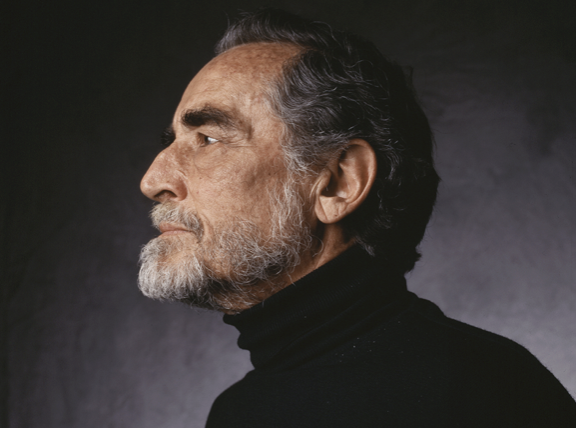
By Lena O.
Vittorio Gassman, the great titan of Italian theater, was never a man of half measures. For him, acting was an activity as essential as breathing, but also as absurd as trying to sing opera underwater. In his book "About the theater".Gassman gives us a raw and reflective look, but always with that complicit wink one expects from an actor who knew that, at the end of the day, we were all on the same stage. From his point of view, acting is a constant oscillation between the deepest truth and the most blatant lie. Gassman argued that the good actor must have an almost schizophrenic relationship with reality: sane enough to understand the world, but crazy enough to reinvent it on stage. This is something only a master thespian could understand, of course, and he was the first to admit that sometimes he had no idea what he was saying either.
Gassman, with his typical biting humor, mocked actors who took themselves too seriously. He said there were two types of performers: those who believe they are doing something profound and those who know that the only thing profound is the hole they put you in after your last performance. For Gassman, the greatness of the actor lay in being able to embrace the ridiculous contradiction that, no matter how glorious you feel on stage, you are actually being applauded for pretending to be someone else. Or, as he would sneeringly say, "We're great liars who get paid for it, but at least we do it with style." Gassman also understood that the magic of theater lay in its ability to create moments of absolute truth in the midst of utter falsehood. An actor had to know when to drop the mask and when to hold it tight. "Theater is like a bad marriage," he would say, "there are moments of truth, but most of the time you're just trying to keep the other person from realizing you're making it all up as you go along." One of his most hilarious comments about acting was that to be a good actor it wasn't enough to be talented; you had to have a "good stomach." According to Gassman, enduring the long hours of rehearsal, sleepless nights, and merciless criticism required more physical stamina than running a marathon. "In theater, the guts are as important as the voice," he joked. "If you can't digest a bad review, much less will you be able to digest the catered dinner."
Gassman knew that theater was a mirror of life, and that, as in life, sometimes all you can do is laugh at the absurdity of the situation. If you take yourself too seriously, you run the risk of looking like a "solemn clown," and there is nothing worse than a clown who doesn't know he is a clown. Thus, we remember that acting is a perpetual search for truth in the midst of fiction; a game in which, sometimes, the only way out is a good laugh.